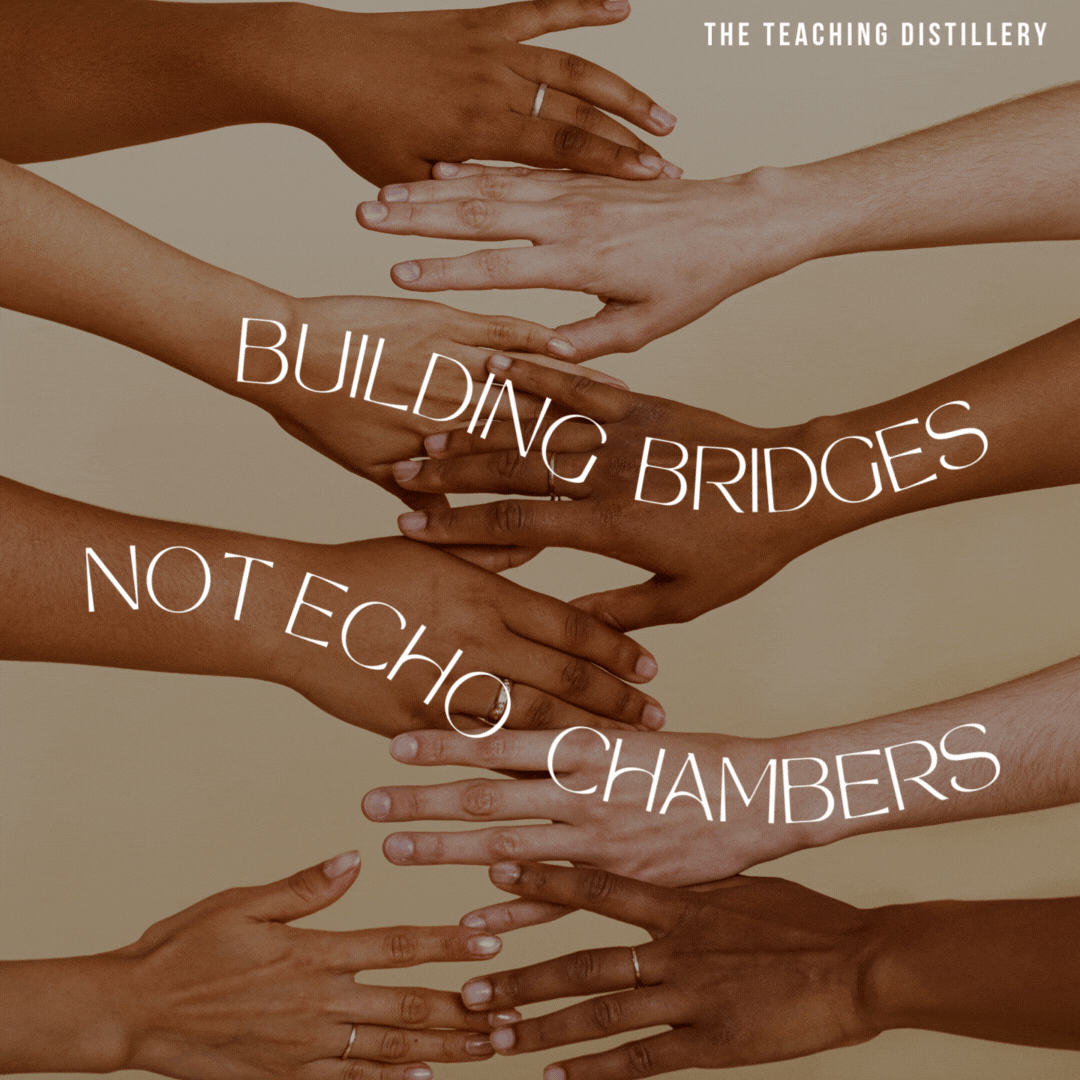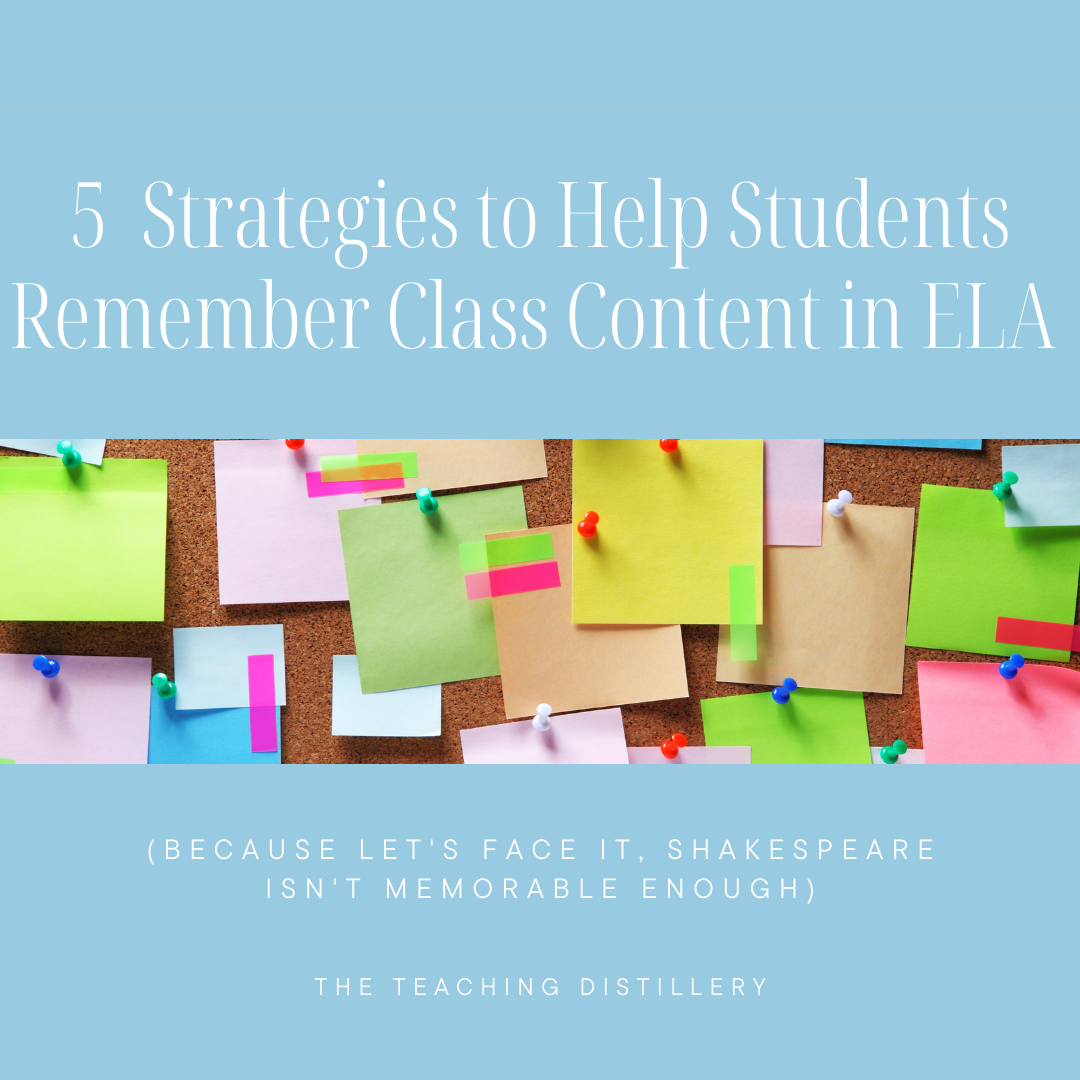We understand the importance of effective reading instruction. In this blog post, we're here to dive into the world of reading comprehension, offering you clever strategies to inspire your students and tackle the notorious Fourth-Grade Slump. Get ready to revitalize your reading instruction and create lifelong learners!
Read MoreDiscover how Finland’s education system leads the world in success and learn how to apply key principles like teacher autonomy, equity, and student well-being in your own classroom. Explore 8 essential strategies to transform your teaching and foster a thriving learning environment.
Read MoreThere are no two ways about it. Media, in all its positive and negative forms, has permeated the human experience. It will only grow more invasive as time and technology progresses. It is important to add media literacy to our ever expanding lists of things we must teach in the English classroom. Media literacy should be a focus in all subject areas, but it seems like the English and history classes are the dumping grounds for improving most societal problems.
Read MoreA poem is a small but powerful thing. It is the history of the human heart. It has the power to reach inside of you, to ignite something in you, and to change you in ways you never imagined. There is a feeling of connection when we read a poem that articulates our deepest feelings. Poems can inspire us to write our own journeys, to find our own voices.
Read MoreKids these days are so lucky! There so many great young adult (YA) books for them to choose from. Here are some of our favorites for social justice:
Read MoreEngage Your Middle School Students in an Epic Journey of Storytelling
Read MoreHere are some tips and tricks that we have learned along the way to elicit productive comments from students in the hopes that they recognize their own self worth and try their best in school.
Read MoreThere are so many debates now-a-days when it comes to grammar instruction. To explicitly teach grammar concepts or not to explicitly teach grammar concepts? To teach grammar in context or not to teach grammar in context? Some grammar experts even argue that we should just get rid of all the grammatical terminology that we grew up learning, like phrase and clause, and instead just teach sentence structure. This can be found in the post by Edutopia and in the new book, Between the Commas by Martin Brandt. One thing is for sure…we are noticing that each year our students are coming to our classrooms with more and more gaps in their grammar knowledge. This is not the fault of the teachers prior, but the result of such grammar debates and changes in curriculum instruction. We really have no dog in this fight. Our one goal is to make sure that our students leave our classrooms with an understanding of sentence structure and how to organize their paragraphs within an essay.
Read MoreEnglish Language Arts (ELA) classes, where students dive into the fascinating world of literature, can sometimes feel like a never-ending labyrinth of words and characters. Let's be honest, retaining all that information can be as challenging as deciphering Shakespearean sonnets. But fear not! In this delightful blog post, we'll explore five strategies that will help your students remember class content in ELA, because, well, let's face it, Shakespeare isn't memorable enough on his own.
Read MoreWelcome back, fellow educators! As the new school year approaches, it’s time to brush up on those classroom management skills that keep our classrooms running smoothly. Here are my top 10 strategies to ensure a peaceful and productive year:
Read MoreFinding Langston by Lesa Cline-Ransome is a book that we love to teach to our middle school classes. It takes place right after World War II during the Great Migration as Langston and his father move from rural Alabama to the bustling city of Chicago after Langston’s mother passes away. It is a heartfelt story about a boy’s love of his family, books, and poetry.
Read More









